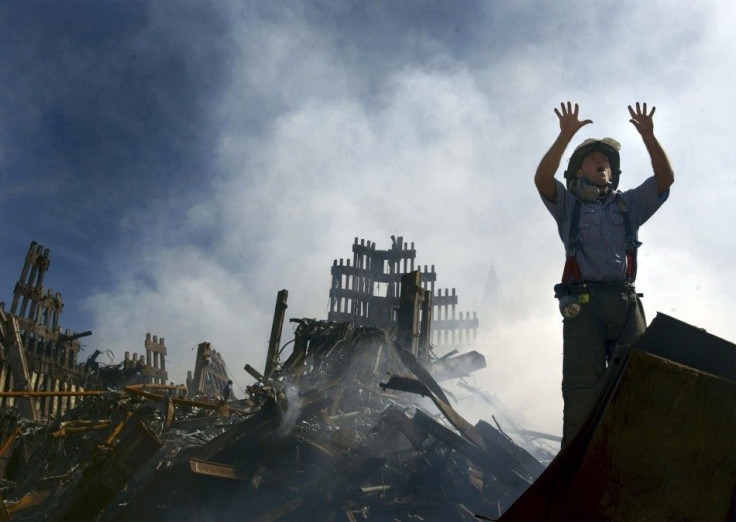9/11 Rescuers Face Higher Cancer Risk: Study

The link between cancer and 9/11 first-responders has been confirmed in a new study. According to British medical journal The Lancet, firefighters who worked in the rubble of the World Trade Center are 19 percent more likely to develop cancer than those who didn't.
In the nearly 10 years since the Sept. 11 attacks, the most common type of cancer found in the firefighters was prostate cancer, followed in frequency by melanoma, colon cancer, non-Hodgkin lymphoma and thyroid cancer. Interestingly, there were few cases of lung cancer.
Researchers looked at about 10,000 male firefighters, some of whom had been present on 9/11 and some who hadn't. There were 263 cancer cases in those present in lower Manhattan, which was nearly 20 percent higher than the control group.
The findings “provide information that there may be a significant cancer risk for these people”, said Dr. James Melius, the administrator of the New York State Laborers’ Health and Safety Trust Fund and one of the peer reviewers of the study.
Of those surveyed, 45 people who were not present at Ground Zero have been diagnosed with prostate cancer, while 90 people who were at Ground Zero have been found with this same disease.
It is a major study, but it is not definitive,'' Melius told The Wall Street Journal. We know cancers can take up to 40 years or more after exposure to appear, so we know we're nowhere near being able to count them all.''
Moreover, cancer from caustic elements such as jet fuel and asbestos takes decades to manifest.
But, we ought to give responders the benefit of the doubt,'' Melius added.
Firefighters who searched for people in the wreckage of the Twin Towers are also thought to suffer from increased rates of asthma and other respiratory troubles.
© Copyright IBTimes 2025. All rights reserved.





















